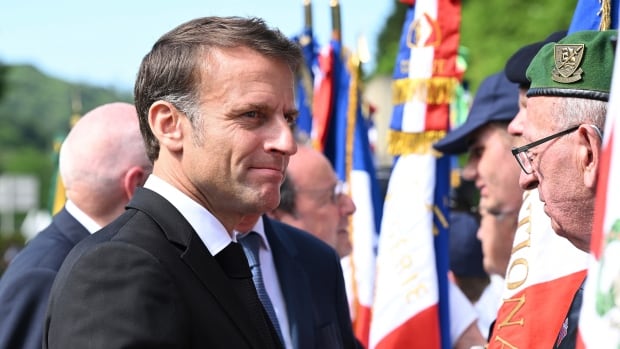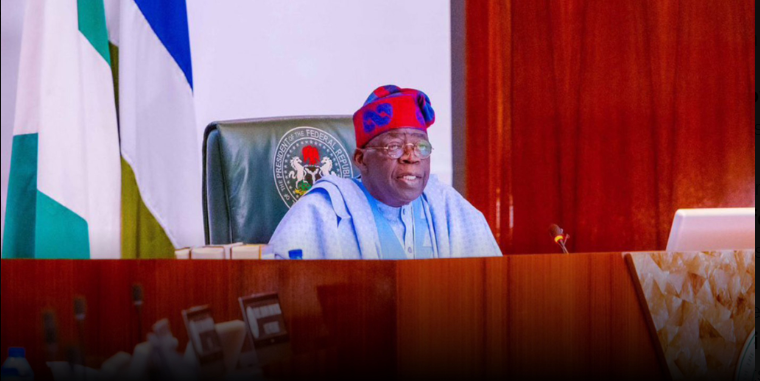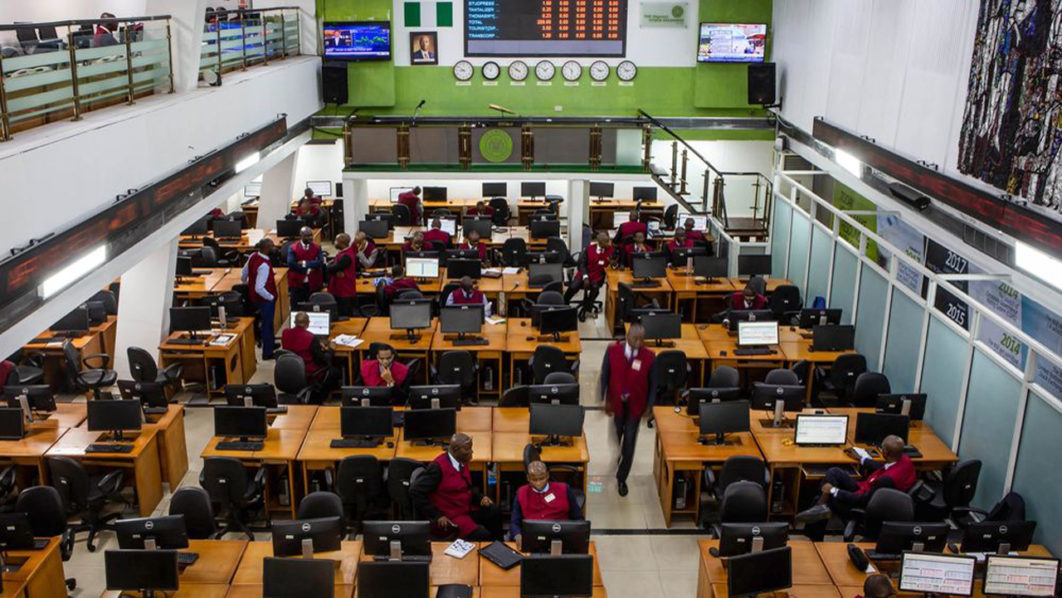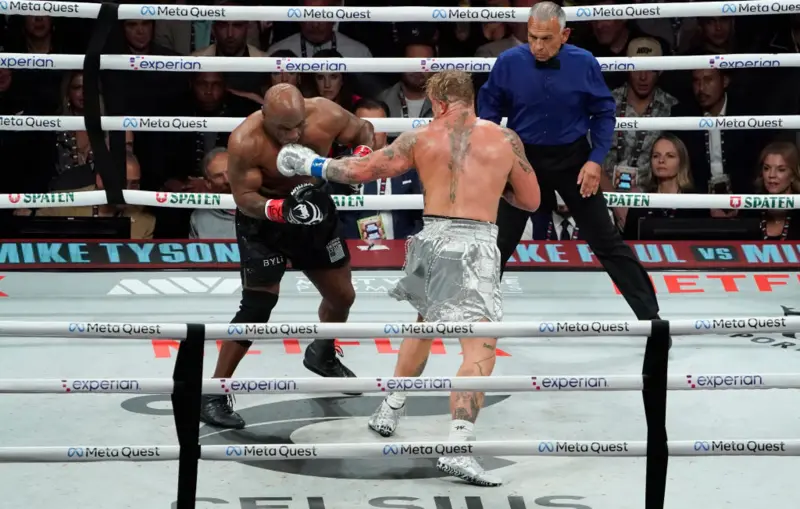France’s finance minister said on Monday that the snap election called by President Emmanuel Macron after a bruising loss to the far right in European Parliament elections would be the most consequential legislative vote in the republic’s history.
Macron’s shock decision amounts to a roll of the dice on his political future. It could hand a great deal of power to Marine Le Pen’s far-right National Rally (RN) after years on the sidelines, and neuter his presidency three years before it is due to end.
The legislative vote will take place on June 30, less than a month before the start of the Paris Olympics, with a second round on July 7.
French President Emmanuel Macron has called a snap election after a surge in support for far-right parties in France and other European Union member states during European Parliament elections. Political rival Marine Le Pen’s far-right National Rally party won twice as many votes as Macron’s centrist Renaissance party.
“This will be the most consequential parliamentary election for France and for the French in the history of the Fifth Republic,” Finance Minister Bruno Le Maire told RTL radio.
Helmed by 28-year-old Jordan Bardella, the RN won about 32 per cent of the vote on Sunday, more than double the Macron ticket’s 15 per cent, according to exit polls. The Socialists came within a whisker of Macron at 14 per cent.
“In the next few days, I’ll be saying what I think is the right direction for the nation. I’ve heard your message, your concerns, and I won’t leave them unanswered,” said Macron.
Bruno Le Maire says Emmanuel Macron’s governing coalition must be clear with voters ahead of June 30 to avoid the far right taking over the domestic agenda.
Paris Mayor Anne Hidalgo, a Socialist, said “a dissolution just before the Games, it’s really something that is extremely unsettling,” in comments reported by France 24. The Paris Olympics begin on July 26.
Element of surprise
Analysts said Macron’s decision aimed to make the best of his weak position, reclaiming the initiative and forcing RN into election mode faster than it would have liked.
Some RN leaders appeared to have been caught off guard.
“We didn’t think it would be immediately after the European elections, even if we wanted it to be,” RN deputy chairman Sebastien Chenu said on RTL Radio.

Bardella will be the party’s candidate for prime minister, Chenu said.
The result is hard to predict. The outcome is likely to depend on how committed leftist and centre-right voters are to the idea of blocking the far right from power. Voter turnout on Sunday was about 52 per cent, the interior ministry said.
If the RN wins a majority, Macron would still remain as president and direct defence and foreign policy. But he would lose the power to set the domestic agenda, from economic policy to security.
Among policies put forward by the party, the RN has proposed higher public spending, despite already significant levels of French debt, threatening to further raise funding costs at banks.
It also wants to expel more migrants, stop family reunification, restrict child-care benefits to French citizens, give French nationals preference in access to social housing and jobs, and withdraw residency for migrants that are out of work for more than a year.
Macron’s Renaissance party currently has 169 lower house lawmakers out of a total of 577. The RN has 88.

Eurasia Group said the RN was no shoo-in for a majority, predicting a hung parliament as the most likely scenario.
“Faced with another hung parliament, [Macron] will try to form a wider alliance with the centre-right or centre-left, possibly by appointing a prime minister from one of those camps,” it said in a note.
“We foresee a losing struggle for serious domestic reform or strict deficit reduction in the remaining three years of Macron’s term.”
The euro fell 0.5 per cent in early European trade, while Paris blue-chip stocks dropped two per cent, led by steep losses in banks BNP Paribas and Societe Generale.









